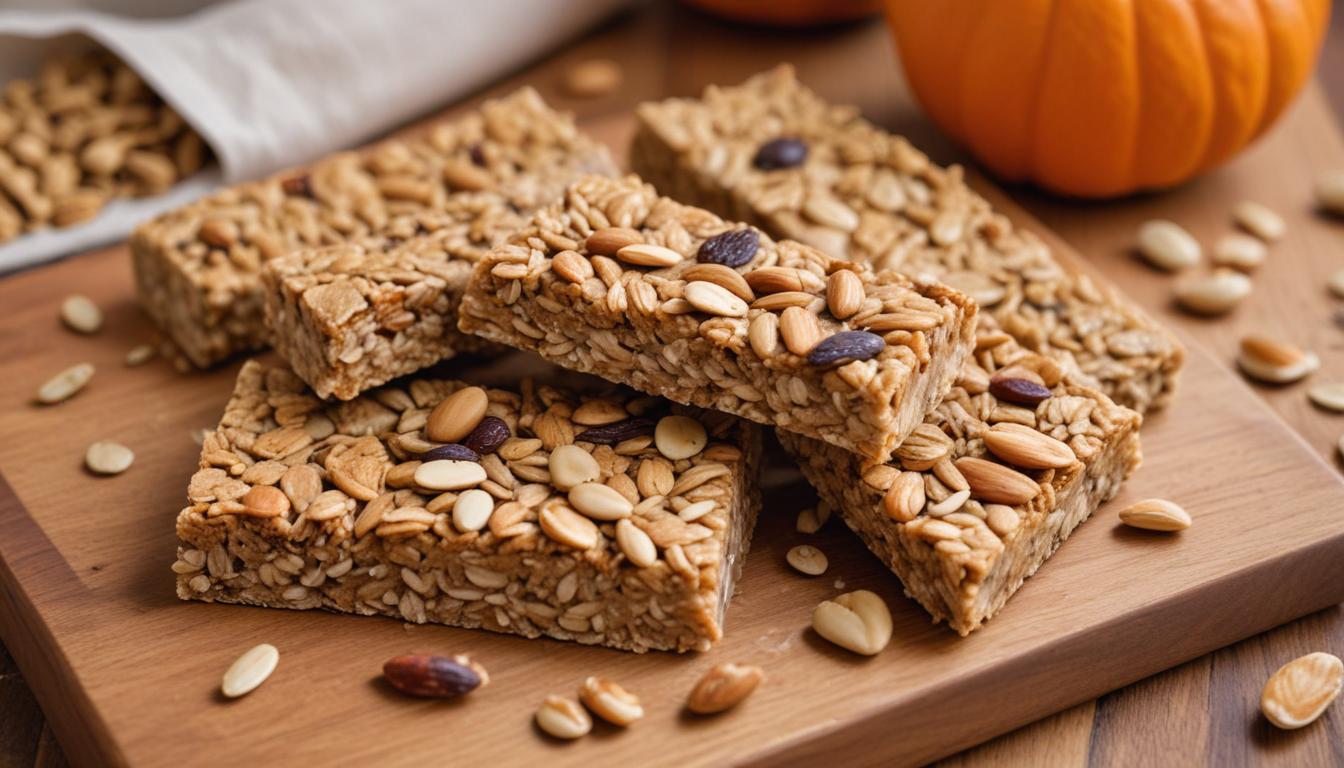Imagine snapping open a granola bar: oats, nuts, seeds, maybe a drizzle of honey or date syrup—everything wholesome, crunchy. Now think about how that snack travels from your kitchen to a supermarket shelf in Bahrain—or across the Gulf. Wouldn’t you want to make sure every bite is safe, consistent, trustworthy? That’s precisely where HACCP certification comes into play. For granola-bar producers here in Bahrain, it isn’t merely a stamp—it’s a bridge to export markets, consumer confidence, and operational stability.
Granola bars might feel like simple fare, but they’re actually complex. A mishandled batch—say some nut dust mixed into another lot—could lead to allergic reactions. Or a tiny contamination of salmonella in dry ingredients. These are low-moisture foods, but pathogens can linger. That’s why HACCP (Hazard Analysis and Critical Control Points) isn’t overkill; it’s essential.
So, what is HACCP (without the textbook snooze)?
Let me explain in plain language. HACCP is a food safety system built around identifying hazards—biological, chemical, physical—and setting “critical control points” where you monitor and prevent risks. It shifts food safety from reaction to prevention. Instead of waiting for something to go wrong, you anticipate problems: maybe your roasted almonds aren’t cooled correctly, or a batch of honey syrup is stored at the wrong temperature. You set limits, you check regularly, you document everything. And you train your team so they actually know why each check matters. Run through internal audits. Then invite a third-party auditor to verify your system. When it passes, you’re certified. Not rocket science, but core to professional food safety.
Why granola bars are more finicky than they look
You might think granola bars are straightforward—just oats, nuts, seeds, maybe dried fruit. But each ingredient adds risk. Oats might be dry, but they can carry mold spores. Nuts are prone to aflatoxins. Fruits—especially locally sourced dates or imported berries—can harbor pathogens. Seeds like sesame or chia? Cross-contact with allergens or pesticide residues matters.
Then there’s processing: mixing, pressing, baking or cooling. Equipment needs thorough cleaning. Dust from dry ingredients accumulates in corners. If you rework leftover bits, there’s a chance of introducing microbial growth. And packaging: bars wrapped in humid conditions can develop condensation, inviting microbes.
So yes, granola bars seem harmless, but the production process is surprisingly brittle. HACCP gives it structure.
HACCP Certification in Bahrain: how it works locally
Good news: Bahrain has the regulatory infrastructure to support HACCP certification. Producers work with the Bahrain National HACCP Committee and local accredited bodies. The process mirrors international standards (like Codex Alimentarius) but adapts to our regional context.
First, you do a gap analysis—either in-house or via a local food safety consultant. This compares your existing process to HACCP requirements. Then you develop your HACCP plan: ingredient sourcing, storage, mixing, baking, cooling, packaging, cleaning schedules, allergen controls, supplier verification—you name it. Next, you train your staff—everyone from machine operators to quality staff needs to understand their role. After training comes internal auditing: you simulate an inspection, fix weak points, refine your records. Finally, a third-party auditor inspects your facility. If you’re compliant, you earn certification. It’s recognized across GCC markets, which means easier entry into Dubai, Saudi, Kuwait, Oman—and beyond.
Local insight: granola makers capitalizing on certification
Let’s talk real examples. There’s a small producer in Riffa who began as an organic nut-bar maker selling locally. After HACCP certification, they landed a contract with a Dubai health-food chain. They also began exporting to Oman. Their story resonated with health-conscious consumers because they didn’t just market “nutritional snacks”—they marketed trust and verified quality.
Another mid-sized snack facility near Manama noticed seasonal spikes during Ramadan and Bahrain Grand Prix events. HACCP helped them manage surges without sacrificing safety. Their internal audits caught temperature inconsistencies in cooling tunnels when staff was stretched, allowing timely corrections before packaging.
Pitfalls Bahrain’s granola bar producers often stumble on
Here are a few typical missteps—and how to avoid them:
One: over-engineering the plan. Some producers create overly detailed manuals that no one actually follows. Your plan should reflect your process—not a generic template lifted from a multinational cereal plant.
Two: ignoring allergen cross-contact. In granola bars, nuts and seeds are common allergens. If you make peanut bars and almond bars on the same line, detailed labelling and cleaning protocols matter. Otherwise minor residues can cause major reactions.
Three: sloppy documentation. You might check oven temperatures every day—but if the log sheets are messy or overdue, auditors don’t count them. Using digital tools like FoodDocs or AutoDocs can streamline record-keeping and boost accuracy.
Four: trusting suppliers too loosely. Local and imported raw materials must be verified. Request Certificates of Analysis, verify their own safety systems, and periodically audit them if possible. It’s not just logistics—it’s risk management.
How HACCP supports current trends in snacks and export growth
Granola bars are riding trends like health-focus, energy snacks, plant-based ingredients, and seed-infusion—think chia or flax, maybe turmeric or date paste. GCC consumers are increasingly looking for snacks that cater to vegan, gluten-free, low-sugar, probiotic or protein-rich niches. HACCP allows you to introduce these new ingredients with confidence—as you simply update your risk assessments and procedures.
Seasonality matters too. During Ramadan, Eid, Gulf festivals, and sporting events, production scales up. HACCP gives you a repeatable system. You manage surges, maintain quality, and keep safety checks consistent—so even during the busiest weeks, no corners get cut.
Export markets beyond GCC—like Europe or Southeast Asia—often expect foreign manufacturers to be HACCP certified. So your certification isn’t just gold star for local sales—it’s your passport to global shelves.
Wrapping it up: trust in every bite
HACCP certification in Bahrain isn’t about adding paperwork—it’s about solidifying quality, building trust, and enabling growth. For granola bar producers, it’s a strategic investment: boosting access to regional and international markets, protecting customers, and strengthening your internal systems.
You can keep your recipes creative and your branding authentic—HACCP doesn’t curb innovation; it fosters consistency. Yes, you’ll invest time, training, maybe a few salary or consultant hours. But the payoff? More business opportunities, reduced risk of recalls, and the pride that comes from knowing your snacks stand up to scrutiny.
At the end of the day, consumers don’t just want flavor—they want reliability. When they unwrap your granola bar, they’re not just tasting oats and fruit; they’re tasting your commitment. HACCP helps you honour that trust. And honestly? That’s the sweetest business edge you can have.





